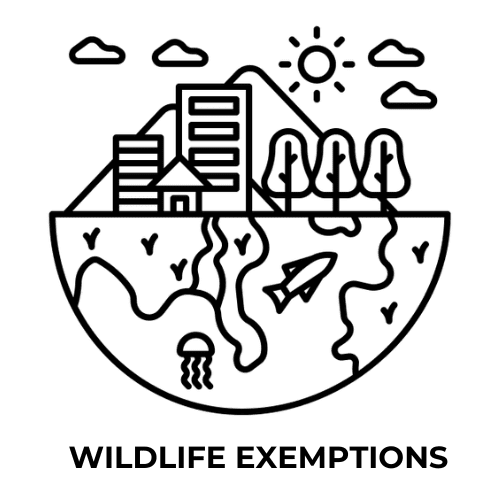












You’ve heard the term Agricultural Exemption, or what’s commonly referred to as an “Ag Exemption,” but did you know that it’s not really an exemption at all? It’s a familiar term used to explain the Central Appraisal District’s (CAD) appraised value of the land based on its productivity. Here’s another interesting fact: Just because the property was deemed ag exempt before you purchased it, doesn’t mean the designation automatically carries over.

With so many large, rural properties, buying homes with septic systems in Texas is not uncommon. Some key considerations to the septic system on a resale or new build are size, age, the state of the system and associated costs.

If you’re thinking about buying a home with a water well, you’re not alone. In fact, environmental reports say more than half of the U.S. population drinks groundwater. That’s certainly the case in rural Texas, where water wells are a common sight. Although most are completely safe, there are a few things to consider before buying a home with a well-fed water source. The two most important factors are quality and quantity.

If you’re thinking about buying ranch land, state lawmakers have figured out a way to sweeten the deal: Texas Wildlife Exemptions. If you’re not familiar with this land designation, it exists in an effort to preserve open spaces and avoid large-scale developments. The exemption allows rural property owners to take advantage of an agricultural tax rate without traditional farming or ranching activities occurring.

Deed restrictions, or “restrictive covenants," are rules outlined in a deed that limit how a piece of real estate can be used, and what can be built on it. Often, restrictions are imposed to maintain property value. Independent of a homeowners’ association, or HOA, deed restrictions are actually attached to the land and can be difficult to change. That’s why it’s crucial to check your deed for any restrictions when buying, building or making an addition to your current home.

Rainwater collection systems in the Texas Hill Country are quite common. When drought strikes, they provide an alternative water source and reduce the strain on the municipal water supply. Properly installed, the systems can collect and hold safe, clean water for both potable and non-potable uses including landscaping, lawns and wastewater tanks. FUN FACT: one inch of rain drops more than 1,000 gallons of water on a 2,000 square foot roof.

One of the benefits of living in the Texas Hill Country is the fact that it is in Texas and there is no state income tax. Most revenue is collected from sales and property taxes. Property taxes can be relatively high in Texas, especially if you’re relocating from another state in the Western US, but there are a number of ways to lower your personal property tax liability like homestead and agricultural exemptions.

West Austin and the Texas Hill Country have a number of Independent School Districts, each with their own academic and athletic profiles.For more information on the specifics of each district and school you can visit the site linked below.

Looking for a Hill Country venue? You won’t have to look far. Starting just 25 miles west of Austin, the “Gateway to the Hill Country” boasts miles of vineyards, ranches, craft breweries, distilleries, natural wonders and more. This creates an incredible opportunity for real estate investors looking for mixed use and hospitality properties in the area.

The future development of Hill Country is bright and burgeoning. With new neighborhoods, schools, shopping areas and restaurants planned, the area is expected to continue to grow over the next decade.

As the Hill Country continues to grow, leaders are constantly evaluating the area’s transportation master plan to ensure safe and efficient travel throughout the region. There are a number of planned and underway projects that will continue to improve the transportation to and through the Hill Country.

Known for its Texas hospitality and Hill Country charm, the towns west of Austin prides themselves on hosting a wide range of community events. Whether it’s spring, summer, fall or winter, you’re sure to find a festival that strikes your fancy.